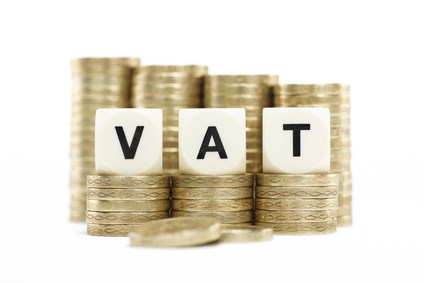As soon as you become VAT registered you need to find out when your first VAT return is due and the period which it covers. You can find this on the VAT certificate which HMRC will send you. Alternatively you can log in to your Government Gateway account for VAT and it will show you the first VAT return - the period it covers and the date it must be submitted by.
If you use accounts software and register for VAT returns via MTD through it that will also give you the dates of the first return.
The VAT penalties are harsh now. Prior to 2023 there wasn't a penalty for your first late return. Now, though, if you but haven't paid the VAT due by Day 15 you will incur a penalty charge of 2% of the amount due. If you haven't paid by Day 30 you will incur another 2% of the VAT due. After 30 days the penalty will be calculated daily at an annual rate of 4%.
You will also pay late payment interest at the Bank of England base rate plus 2.5%.
If you have a large VAT bill to pay and haven't submitted your return or paid the amount due you could be incurring a sizeable penalty.
If you register for VAT make sure you know the deadline for your first submission and if you can't do the VAT return yourself find someone who can do it for you and give. More importantly get in touch with someone well before the deadline to give them enough time to do it. Its no good getting in touch with a bookkeeper or accountant the day before the return is due because, as helpful as they would like to be, no-one can drop everything to meet a deadline for someone who ignored their responsibility to HMRC.
When you are VAT registered you are a collector of taxes for HMRC. The VAT you charge belongs to HMRC and they expect you to pay it to them by the due date - less any VAT on purchases you make which you are allowed to deduct from the VAT you have charged your customers. Do make sure you have a VAT invoice or receipt for the eligible purchases because you will have to produce them if HMRC decided to check your VAT return.

